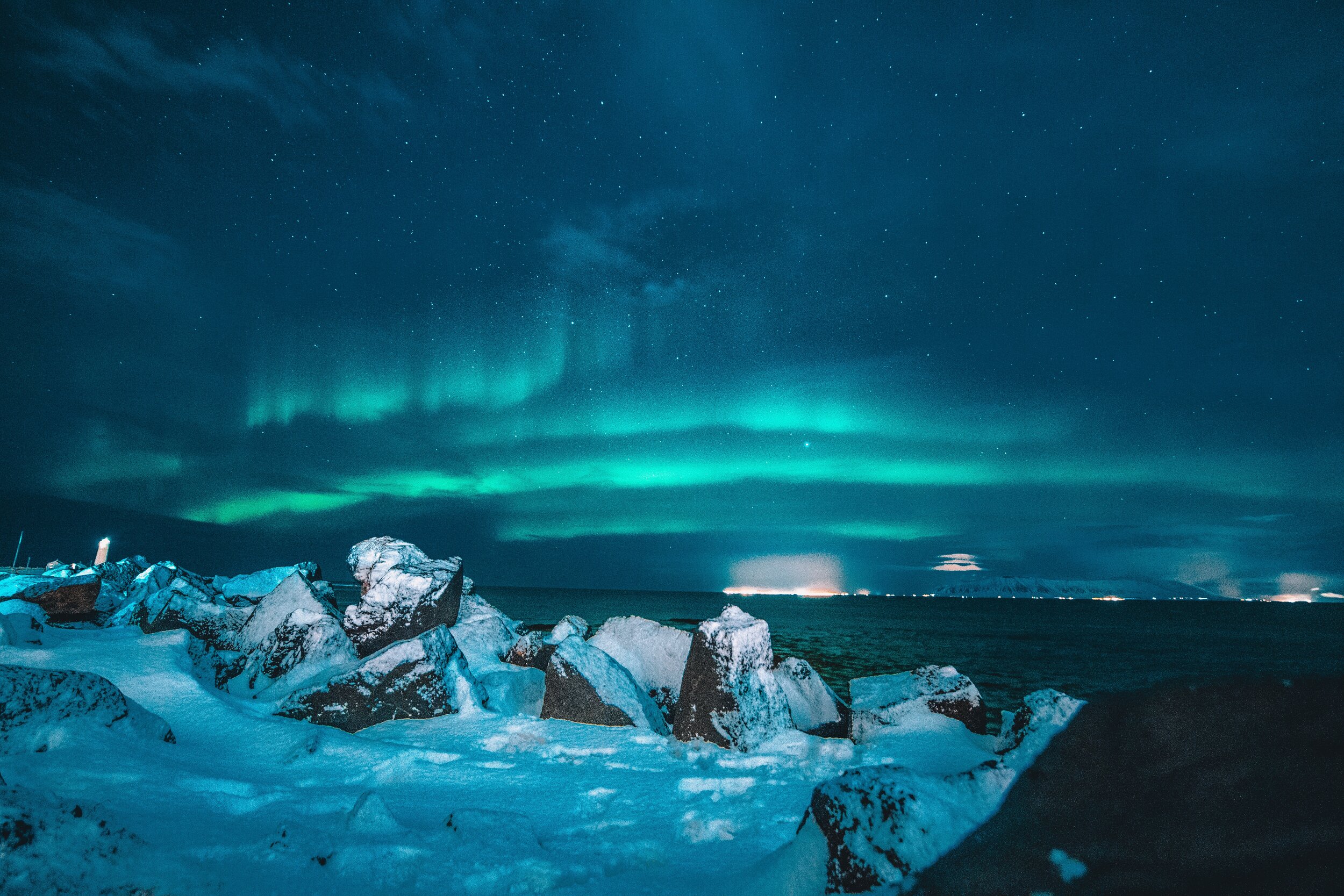Seven Surprising Things You Didn’t Know About Iceland
In my recent podcast, we talked about Icelandic history. Talking about my roots made me realize that I haven’t written a lot about the little country in the far north. Iceland has a very unique history. Today, it’s also gained a lot of attention thanks to shows like Game of Thrones being filmed there, as well as thanks to the ever industrious nature of the Icelandic people. After all, for such a small country, Iceland has made a pretty big splash! They have great spring water (you can find it pretty much anywhere) and even better yogurt. If you haven’t come across the wonder that is Skyr, then I don’t know what to tell you. Here are seven surprising things you may or may not know about Iceland.
The Viking Connection
First and foremost, Iceland is proud of its Viking heritage. Although not technically part of Scandinavia, Iceland was first settled by ambitious Viking explorers. Overtime, it became sort of a rich Viking retirement home. Many wealthy Vikings also fled to Iceland to avoid the unification of Norway that happened under Harald Fairhair. Today, the majority of Icelanders still can trace their roots and genes back to these norse kings of the sea. In fact, some of the most famous figures of the Viking age were Icelanders, including the renowned explorer, Leif Eriksson and his father, Erik the Red.
Iceland is One of the Oldest Democracies
Perhaps driven by the same desire that caused them to leave their countries of origin in the first place, Icelanders did not recognize a single king over all. Instead, they met every year at the Althing to vote on important matters. Originally founded all the way back in 930 AD, many Icelanders still consider theirs to be among the oldest surviving democracies in the world. The only problem with this claim is that technically their form of government was abolished under their rule by Denmark. Today, however, Iceland is a democracy.
Icelanders Have a History of Blood Feuds
Perhaps a hangover from their Viking days, even after the end of the official Viking Age, Icelanders still struggled from a lot of blood feuds between families. In some ways, feuds were a part of their legal system. Since there was no king, the only way to enforce laws was through feuds between families. Although many feuds might have been more legal in nature and not entirely rooted in bloodshed, the violence did grow bad enough that Iceland eventually submitted to foreign rule (to a king in Norway). This effectively put an end to their feuding society.
Iceland Has a Volcano Problem
There are a lot of volcanoes in Iceland. And those volcanoes are active. They erupt every few years and cover the land in lava fields. Actually, it’s a volcanic eruption that caused my family to come to America from Iceland in the first place. Their farms and hometown were burnt down. Now you know why it’s called so affectionately (or not so affectionately) the Land of Fire and Ice!
Iceland’s Language is Old – Like, Really Old!
All of our languages have ancient roots. But thanks in part to Iceland’s relative isolation up until recent years, the language there has changed very little since its founding. For this reason, Icelanders can actually read texts written in old norse, and their language is perhaps the most similar out of all the Nordic countries to what the Vikings would have spoken.
Icelanders Are Obsessed with Genetics
I can attest to this one personally. My Icelandic grandmother loved telling stories about all the famous Vikings and Icelandic heroes we were related to. But beyond just the stories, Icelanders are actually obsessed with genetics. They have entire government institutes devoted to their study. In fact, one of my connections in Iceland has sent me a genealogy from their database, showing who I am related to years and years back. Pretty cool.
Icelandic Genes are Heavily Influenced by The Celts
Because of their frequent raids during the Viking Age, recent DNA studies show that many Icelanders today have Celtic roots. This is even more true, however, of the original Icelanders. In fact, Celtic genes were found at a very high rate amongst the original Icelandic women, seeming to prove what we’ve known for a long time. Vikings liked to bring back brides from their expeditions across Ireland and the British Isles. Today, the percentage of Celtic genes found in Icelanders is much higher than that in other Scandinavian countries. But it’s undeniable that the Scandinavian genes have largely won out which makes us wonder – what happened to all those Celtic Genes?
There are even more unique things about this quirky country in the far north. If you know anyone from Iceland, ask them about the land of their ancestors. I’m sure they’d love to tell you more about it.

